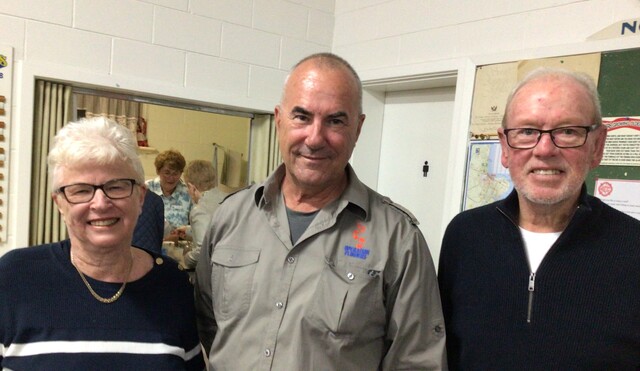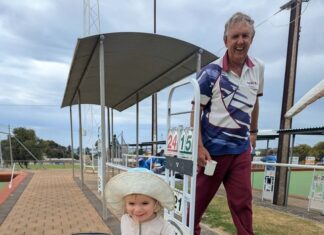Ladies hear on Operation Flinders

Digital Edition
Subscribe
Get an all ACCESS PASS to the News and your Digital Edition with an online subscription
Teams all set for finals
The final round of the Wednesday, Thursday and Saturday pennants bowls competitions have been played, with the finals set to be close and competitive...







